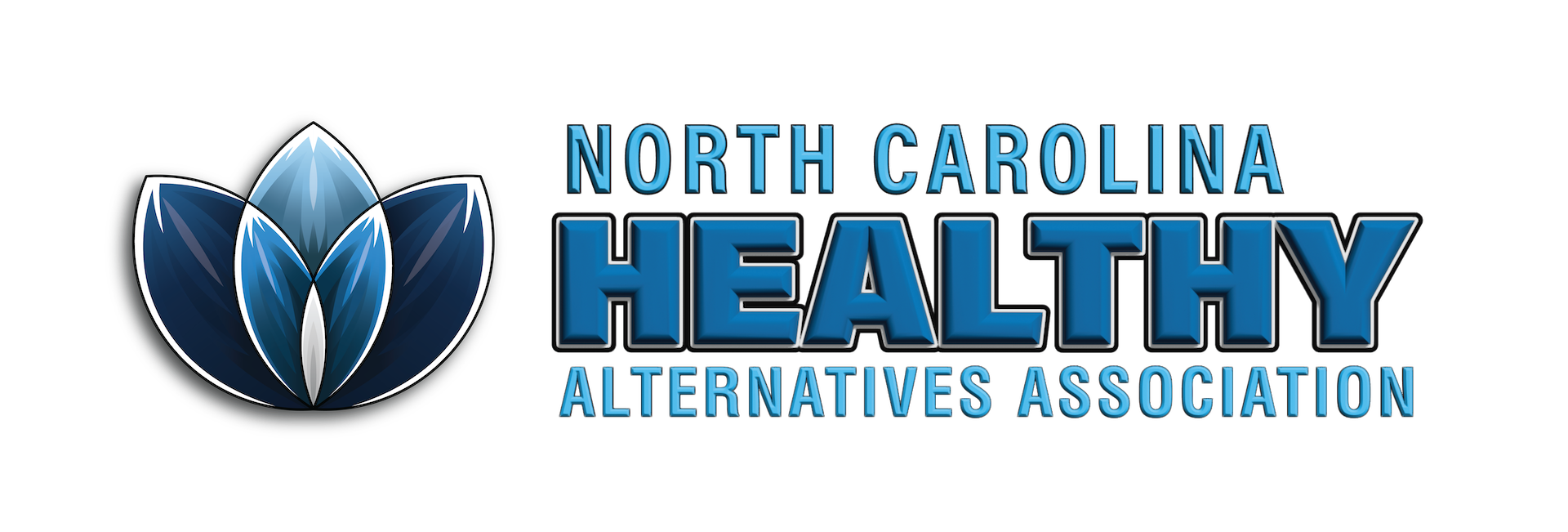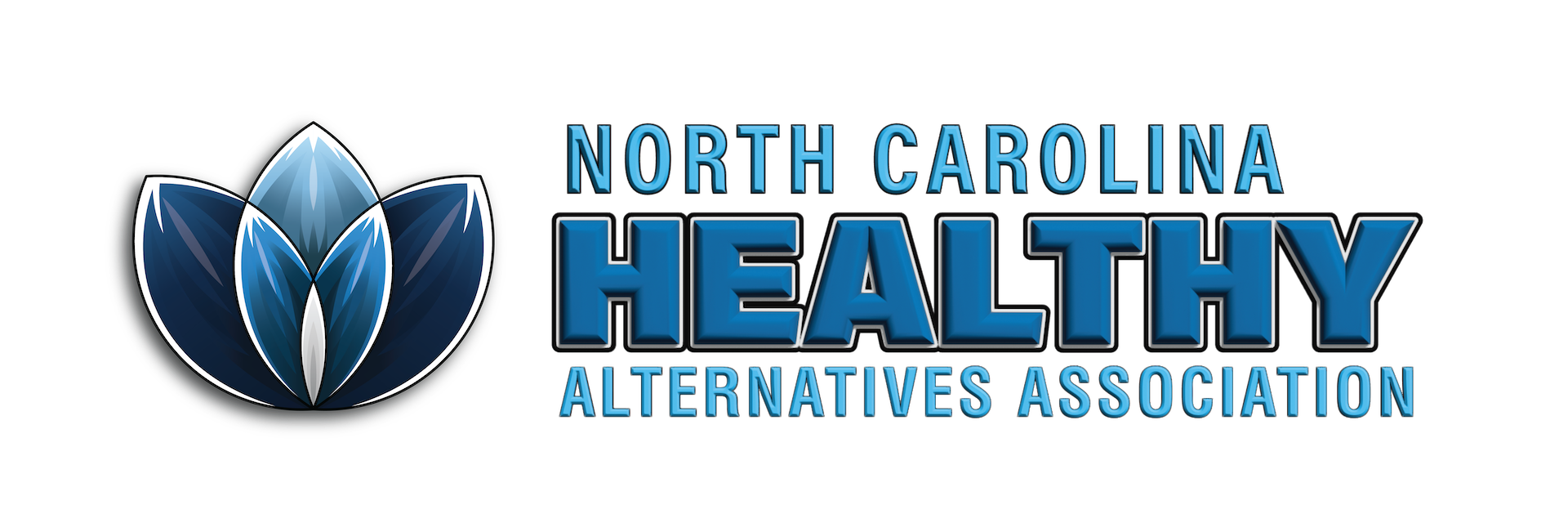
What’s Really Inside the “Bad Bill”? A Breakdown of HB328
North Carolina is facing a pivotal moment in hemp policy, and one bill could change everything—but not for the better.
While several legislative proposals offer a path toward balanced, science-based hemp regulation, one version of Senate Bill 328 (commonly referred to in public discussion as HB328) takes a much harsher approach. Without calling out names or pointing fingers, it's important to look closely at the bill's content and its potential consequences.
This isn’t about politics. It’s about policy—and what it means for real people across our state.
What Does HB328 (Senate PCS) Propose?
The Senate-passed version of SB328 is designed to drastically limit or ban nearly all hemp-derived cannabinoid products. Here's what it includes:
-
A ban on the sale of any hemp-derived cannabinoid except for Delta-9 THC under 0.3%
-
Elimination of products containing THCa, Delta-8, HHC, and many forms of CBD
-
Removal of full-spectrum hemp formulas that contain trace cannabinoids
-
Limits on how products can be marketed or sold, regardless of use case or customer age
If passed, this version of the bill would effectively erase the entire hemp marketplace in North Carolina as we know it.
Who Gets Hurt?
The bill may be targeting products, but the real impact lands on people. HB328 would:
-
Put thousands of North Carolina jobs at risk, from farm to storefront
-
Take away safe relief options from veterans, patients, and wellness users
-
Shut down small businesses that comply with federal law and offer responsibly made products
-
Eliminate rural economic opportunities, especially in counties that depend on agriculture and local retail
It’s a statewide issue, not just an industry issue. The bill doesn’t just regulate—it removes.
What It Gets Wrong
The version of HB328 passed by the Senate is rooted in concern—but not necessarily in fact. Here are a few things it gets wrong:
-
It treats all cannabinoids as dangerous, without distinguishing between intoxicating and non-intoxicating forms
-
It ignores federal guidelines under the 2018 Farm Bill, which legalized hemp and defined legal THC thresholds
-
It assumes prohibition leads to safety, when in fact, prohibition has historically pushed consumers toward unregulated and potentially unsafe markets
North Carolinians deserve protection, yes—but they also deserve access, fairness, and informed policy.
What Would a Better Bill Look Like?
A more balanced approach—like the House PCS of SB328 or SB265—would protect public health without banning responsible businesses. Smart regulation should include:
-
Age restrictions (21+) for psychoactive products
-
Product testing for potency, purity, and contaminants
-
Clear labeling and packaging standards
-
Public input from industry, veterans, healthcare providers, and law enforcement
This approach works in other states. It can work in North Carolina, too.
We Can’t Afford to Get This Wrong
The hemp industry in North Carolina supports wellness, innovation, and economic growth. Banning the industry outright due to fear or misinformation will only hurt the people these policies claim to protect.
NCHAA urges lawmakers and community members to take a closer look at the full impact of HB328. Legislation this sweeping should be transparent, informed, and built with collaboration—not rushed through without dialogue.
We believe in regulation that works. We believe in North Carolina.

